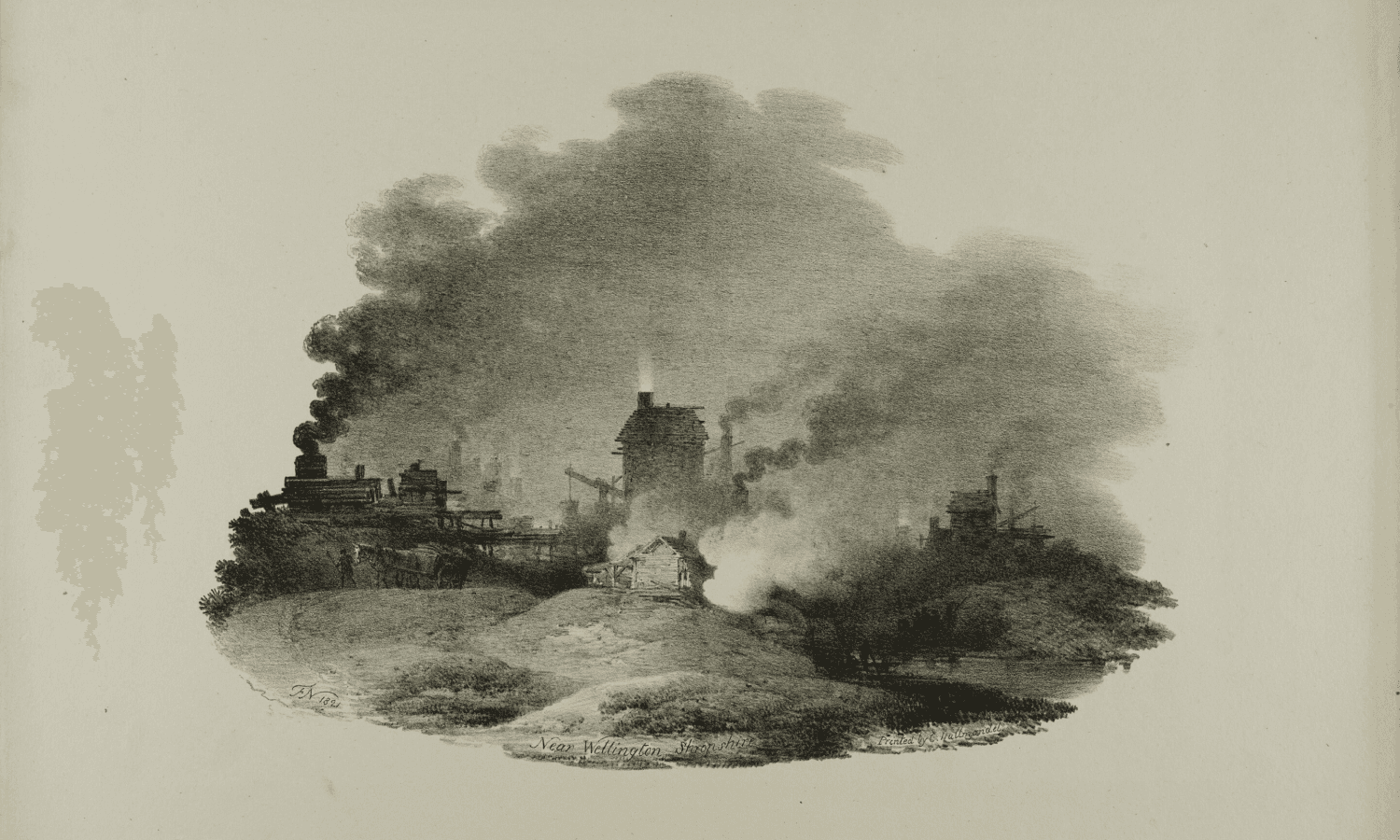Fossil Fuels and Plastics
How Fossil Fuels & Plastic act as mutually reinforcing aggravators of the climate crisis
Sep 3, 2022
•
ResistTwo Editorial
Mining and extraction
The first step in creating a plastic product is the extraction of crude oil or methane gas. Mining is used to extract solid fossil fuels by digging, scraping, or otherwise exposing buried resources. Extraction methods such as natural gas hydraulic fracturing or 'fracking' have many environmental effects like methane and toxic aerosol emissions, resource depletion, harmful wastewater contamination, and increased potential for oil spills and earthquakes.
—————————
The Birth of Plastic
After fossil fuel extraction, the raw materials are shipped to a refinery. The goals of refinement are to get the building blocks for plastic production—ethane from crude oil and propane from natural gas. At a cracking plant, ethane and propane are then chemically broken down into ethylene and propylene, respectively.
Chemical modification of ethylene and polyethene through catalyzed ‘polymerization’ produces resins. Resins, in the form of plastic nurdles, are the core ingredient used to produce the durable, flexible plastics we've all grown dependent upon. These plastic nurdles are the input used by manufacturers to mould and form the plastic products we use. For example, polyethene plastics are used to make supermarket bags and water bottles.
The Plastics industry is a reliable source of income for Oil and Gas companies and hence the fight against Plastic goes beyond mere cleanliness and is significant to the larger environmental cause.
—————————
Altering the ongoing cycle
By changing our purchasing priorities and seeking more plastic-free alternatives, we can urge companies to embrace more environmentally-favourable materials and create more durable, reusable products. We can reuse, re-purpose, and upcycle the plastics before discarding them.
Meanwhile, recycling is logistically challenging, energy-intensive and can be counter-productive. Plastics are not infinitely recyclable. Each time the material is flaked and reprocessed into nurdles, it produces a lower-quality plastic that will ultimately lose its ability to be recycled.
But we must also move beyond individual action. We must also hold companies and policymakers accountable. It is only by emphasizing upon how plastic empowers the oil and gas companies responsible for climate destruction can we generate the awareness required for collective civil action.
